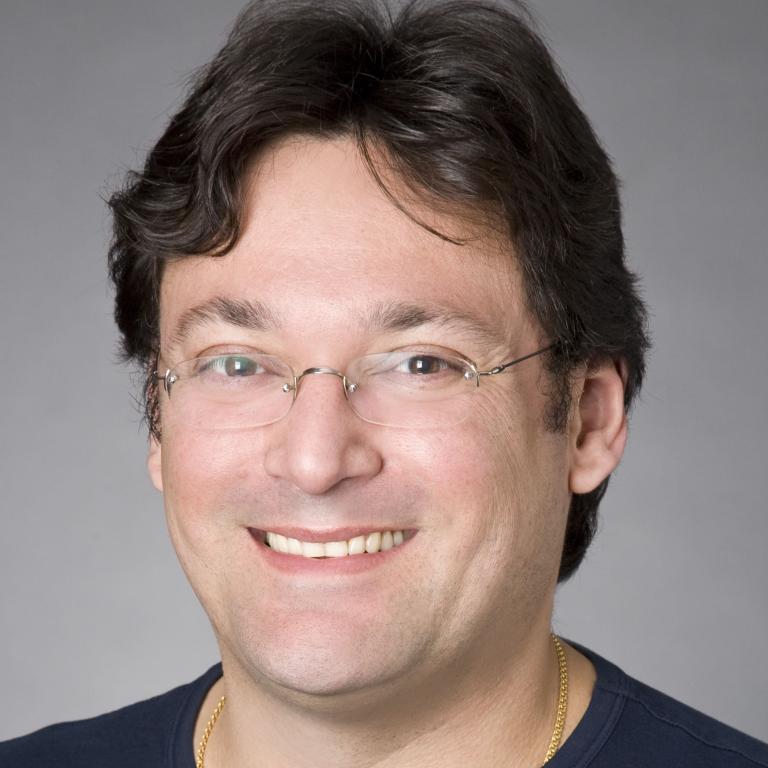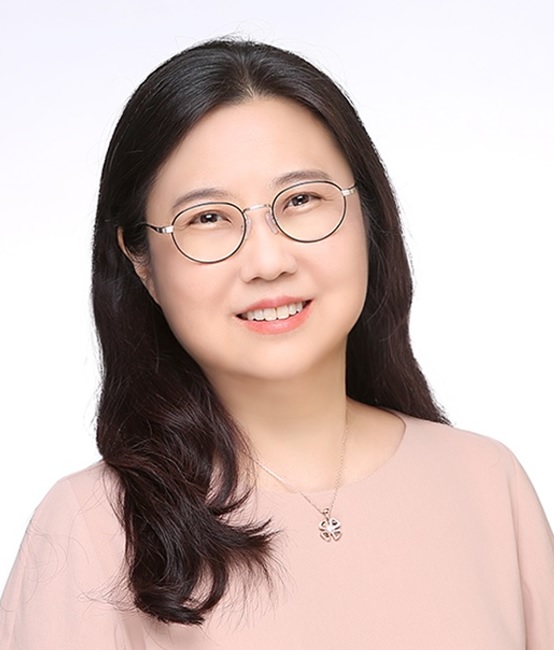Keynote 1: Claudio Silva (New York University, USA)

Bio
Cláudio T. Silva is Institute Professor of Computer Science and Engineering at NYU Tandon School of
Engineering, and Professor of Data Science at the NYU Center for Data Science. He is also affiliated
with the Center for Urban Science and Progress (which he helped co-found in 2012) and the Courant
Institute of Mathematical Sciences. He received his BS in mathematics from the Universidade Federal do
Ceará (Brazil) in 1990, and his MS and PhD in computer science at the State University of New York at
Stony Brook in 1996. Claudio has advised 20+ PhD, 10 MS students, and mentored 20+ post-doctoral
associates. He has published over 300 publications, including 20 that have received best paper awards.
He has over 26,000 citations according to Google Scholar. Claudio is active in service to the research
community and is a past elected Chair of the IEEE Technical Committee on Visualization and Computer
Graphics (2015–18).
Claudio is a Fellow of the IEEE and has received the IEEE Visualization Technical Achievement Award.
He was the senior technology consultant (2012-17) for MLB Advanced Media’s Statcast player tracking system,
which received a 2018 Technology & Engineering Emmy Award from the National Academy of Television Arts
& Sciences (NATAS). His work has been covered in The New York Times, The Economist, ESPN, and other major
news media.
Title:
Visualization for Machine Learning
Abstract:
Machine learning has transformed computing, enabling numerous applications across various domains. These include predicting physical phenomena
and diagnosing medical conditions, to making decisions about loans, college admissions, and criminal sentencing. As these AI-based algorithms
become increasingly important in making consequential decisions, it is crucial for their developers, users, and decision-makers to understand
and interpret them.
In this talk, we will first review our lab's ongoing work to develop mixed-initiative applications that facilitate human-AI collaboration
to improve human productivity. Then, we will present techniques and systems that we have designed to enhance the explainability of machine
learning models. We will discuss open-source tools such as PipelineProfiler, Calibrate, and GALE, which aim to enhance the explainability
arsenal for model builders and practitioners.
Keynote 2: Jinah Park (KAIST, South Korea)

Bio
Dr. Jinah Park is a Professor in the School of Computing, and ICT Endowed Chair Professor of
the Korea Advanced Institute of Science and Technology (KAIST). She received a BSE in Electrical
Engineering from Columbia University in New York, and an MSE and a Ph.D. in Computer and Information
Science from the University of Pennsylvania in Philadelphia. She is currently leading Computer Graphics
and Visualization research lab at KAIST. Her major academic contributions are to the field of medical
imaging, where she developed a computational technique for analyzing 3D cardiac motion from MR tagging
data. Her recent work on the deformable models for morphometric study applied to aging brain structures
was selected as KAIST’s Top 10 Research Achievements. Her research team is also interested in understanding
3D interaction behaviors in a VR environment while developing various haptic rendering algorithms applied
to virtual simulation. She is serving as Associate Editor of IEEE Transactions on Haptics, and she is also
General Co-Chair of MICCAI 2025 to be held in Korea.
Title:
Visualizing Data with Deformable Modeling and Haptic Rendering
Abstract:
My interest in 3D visualization of medical image data led me to a model-based approach to recovering the 3D shape and
motion of human organs in order to analyze data characteristics extracting valuable information from the images.
In the first part of my talk, I will introduce the deformable modeling research work applied to various human organs,
highlighting the importance of robustly restoring individual shape details of the target structure as well as establishing
anatomical point correspondences for shape comparison. In the second part of my talk, I will showcase the research
conducted in my lab on haptic rendering and its visualization aspects. Visualization involves constructing a mental
image from multiple sensory inputs. While visual input is dominant, haptic feedback plays a crucial role in the active
exploration of the 3D environment. The visualization community mainly focuses on graphical representation, but I wish
to underline that there are many opportunities in haptic rendering research with respect to visualization.